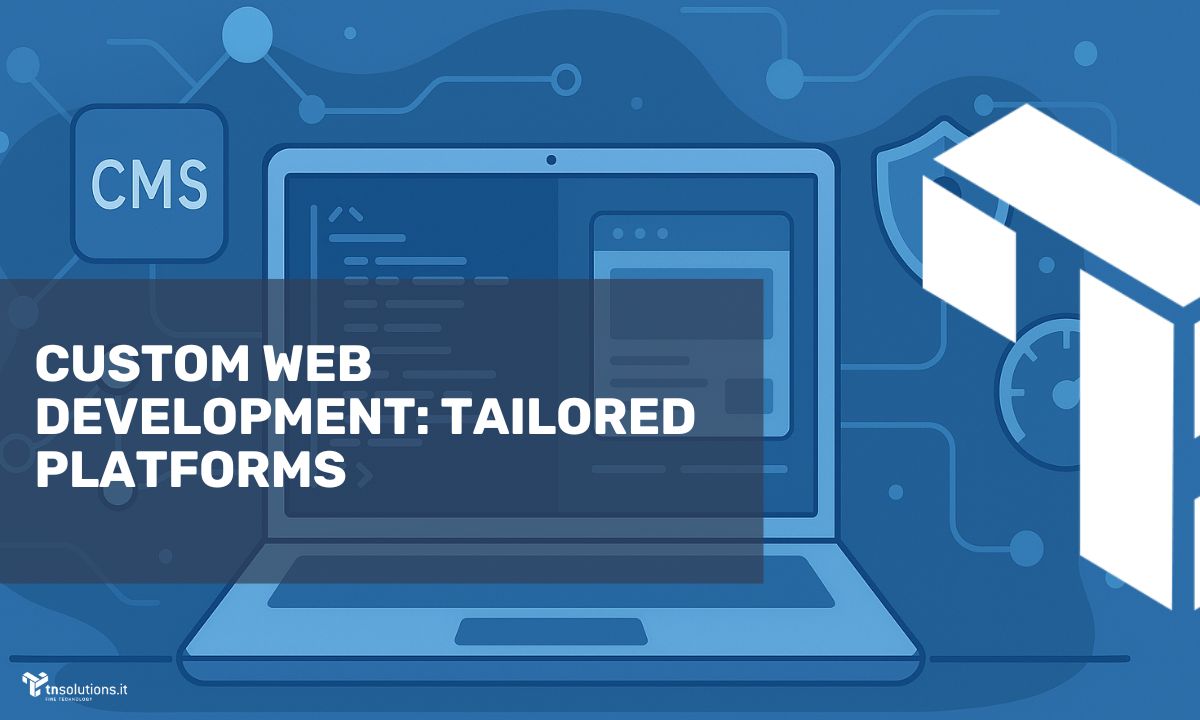
Who Uses Cloud Solutions? The Benefits for SMEs
In recent years, cloud computing has gained popularity among SMEs looking to optimize their IT infrastructure without incurring high fixed costs.
From startups to manufacturing companies, retail businesses, and service providers, cloud solutions are adopted across various sectors.
Platforms like Amazon Web Services (AWS), Microsoft Azure, and Google Cloud Platform provide affordable access to advanced technologies, enabling SMEs to scale resources based on demand and pay only for what they use.
Key benefits include:
- Scalable IT Resources: Adjust resources as needed and reduce unnecessary expenses.
- Enhanced Collaboration: Facilitate teamwork across departments and locations with centralized data access.
- Increased Focus on Growth: Spend less time on system maintenance and more on innovation.
Why Is Cloud Essential for SMEs? Hidden Advantages
Cloud technology provides more than cost savings—it offers SMEs secure, up-to-date infrastructure prepared for future challenges. Key advantages include:

- Data Security: Encryption and advanced monitoring tools protect sensitive business information.
- Flexibility and Speed: Rapid deployment and adaptation to changing business needs.
- Regulatory Compliance: Solutions like TeamSystem or Aruba Cloud ensure local compliance without technical complexities.
When Is the Right Time to Adopt Cloud Solutions?
Adopting cloud solutions is a transformative decision. Key indicators include:
- Rapid Business Growth: Manage increased data volumes without overloading existing systems.
- Need for Team Collaboration: Enable remote work and boost productivity with cloud-based tools.
- Market Expansion: Prepare for scalability and minimize downtime during growth or complex project management.
Where Does Cloud Fit in SMEs? Business Applications
The versatility of cloud solutions makes them applicable across various business areas, including:
- Accounting: Cloud-based tools like TeamSystem offer real-time updates and error reduction.
- Customer and Sales Management: CRM systems allow continuous communication and automation.
- Private Cloud Solutions: For sensitive or regulated data, private clouds provide enhanced security and control, tailored to stringent compliance needs.

How to Implement Cloud Solutions for SMEs and Where to Use Them?
Implementing cloud solutions requires careful planning:
- Analyze Business Needs: Identify processes that benefit most from cloud integration.
- Choose a Cloud Provider: Evaluate options like AWS, Azure, or Google Cloud based on your requirements.
- Migrate Data Safely: Work with experts to ensure a secure, smooth transition.
- Train Employees: Equip staff with skills to maximize the potential of cloud tools.
Conclusions
Cloud solutions offer a transformative opportunity for SMEs to grow and innovate, ensuring competitiveness in a dynamic market. Whether through public, private, or hybrid cloud models, businesses can enhance security, streamline processes, and foster collaboration. A well-planned cloud strategy can turn this technology into a powerful advantage, paving the way for a more flexible, efficient, and digital future.












